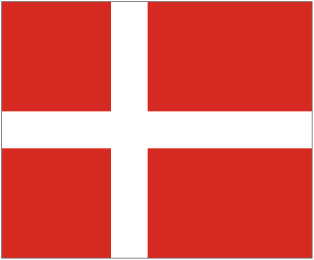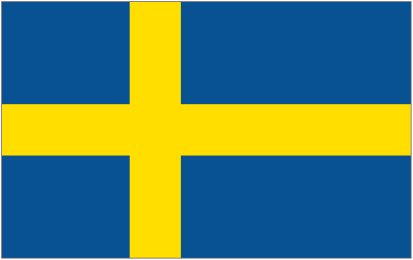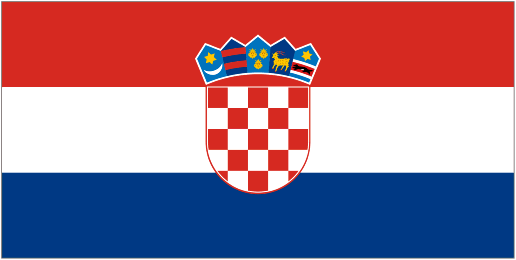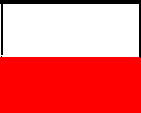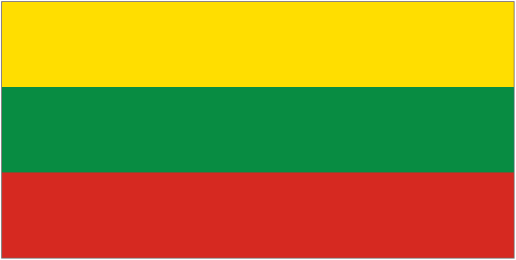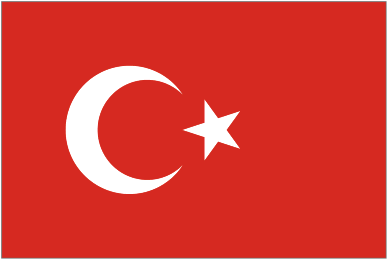
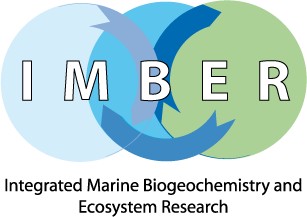
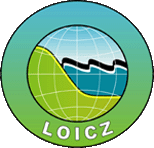
Welcome to the homepage of the Integrated Project CARBOOCEAN -
Marine carbon sources and sinks assessment Contract no. 511176 (GOCE)
Changes in the Earth’s climate are the result of both internal
variability within the climate system and external factors, such as
anthropogenic emissions of long-lived greenhouse gases. Carbon dioxid (CO2) is the most important manageable driving agent for climate change. Greenhouse gases, such as CO2, have a lasting effect on our Earth since they tend to warm up the atmosphere. Since 1750, the atmospheric CO2
concentration has been rising steadily. Most of the observed warming
over the last 50 years is attributed to the increase in greenhouse gas
concentration. CO2 cycles among the atmosphere, the land, and the oceans. On a long term, around 50% of the anthropogenic CO2 emissions are being taken up by the oceans and the land. Since the ocean has the most significant overall potential as a sink for anthropogenic CO2, the correct quantification of this sink is a fundamental necessary condition for all realistic prognostic climate simulations. It is the main task of the CARBOOCEAN Consortium to determine the ocean’s quantitative role for uptake of CO2.
This new scientific knowledge is essential to a quantitative
risk/uncertainty judgment on the expected consequences of rising
atmospheric CO2 concentrations. Based on this judgment, it
will be possible to guide the development of appropriate mitigation
actions, such as the management of CO2 emission reductions within a global context (e.g., Kyoto Protocol, 1997).
The CARBOOCEAN Consortium consists of 47 international groups that
have started an integrated research activity on the marine carbon cycle
by 1 January 2005. The participating countries are Belgium, Denmark,
France, Germany, Iceland, Morocco, the Netherlands, Norway, Poland,
Spain, Sweden, Switzerland, United Kingdom and the USA.
The project is funded by the European Commission with 14.5 million € (2005-2009) within the 6th Framework Programme.
Read more about the project.
The rising atmospheric carbon dioxide concentration as recorded on Mauna Loa (Hawaii):
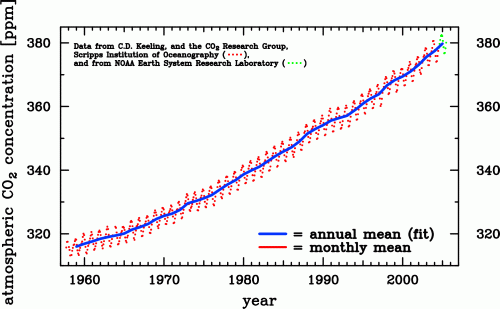
The project's summary is available in the following languages:






